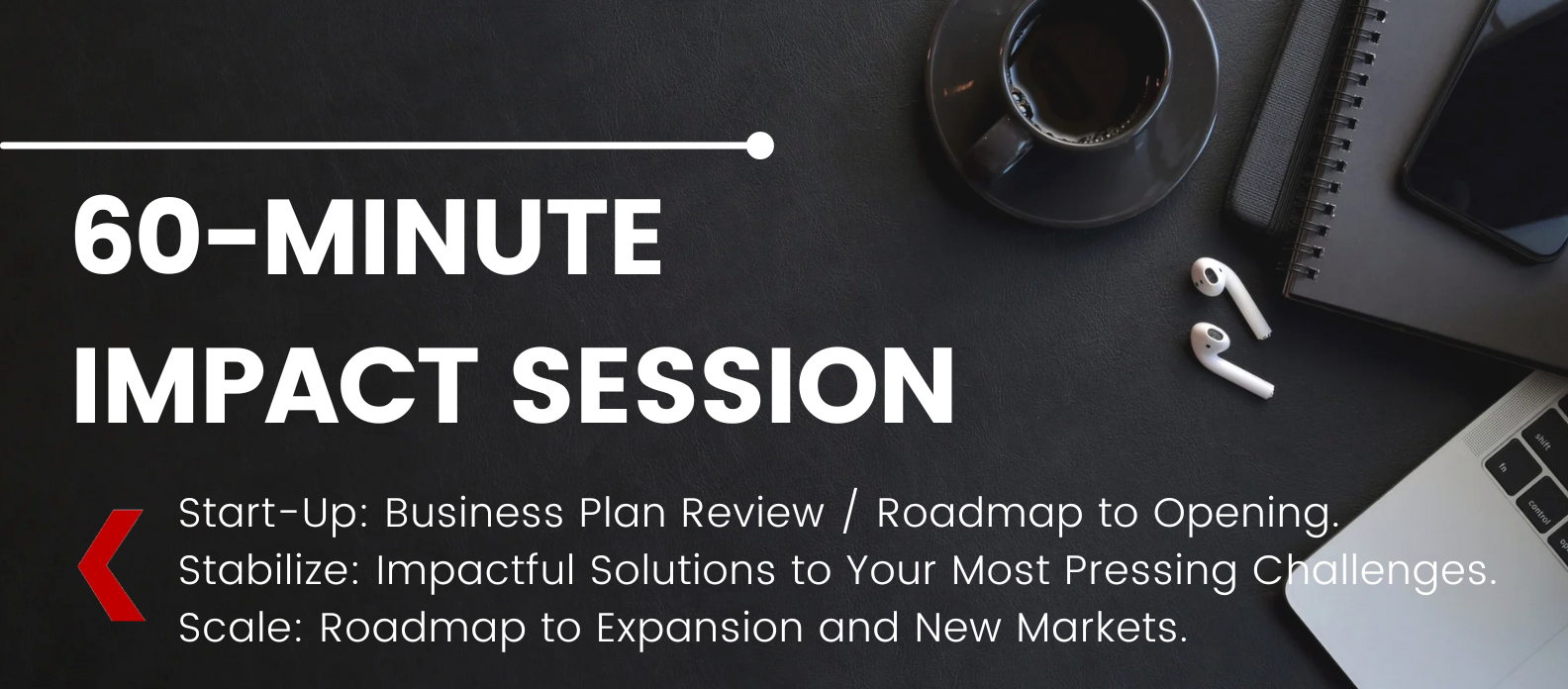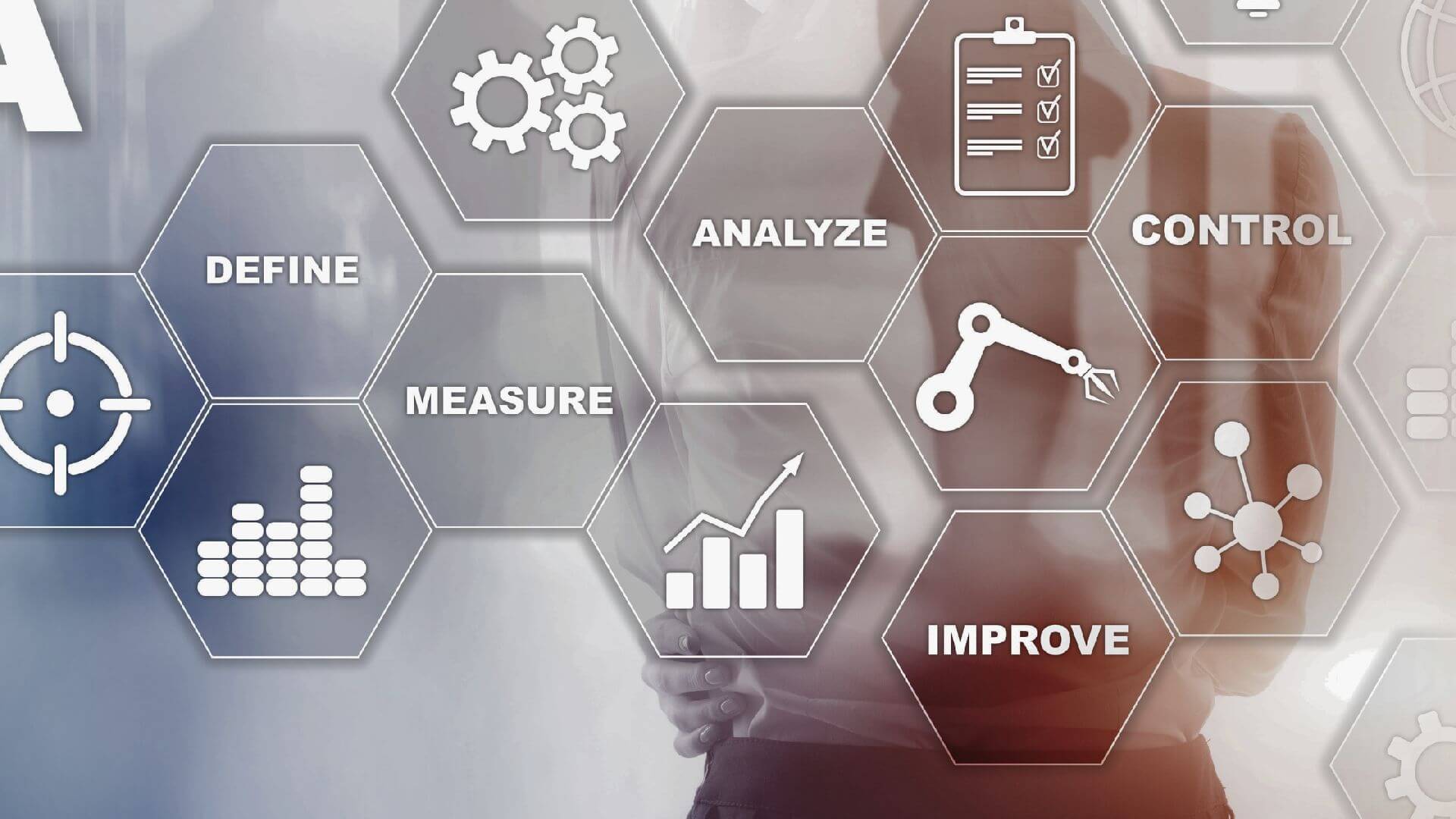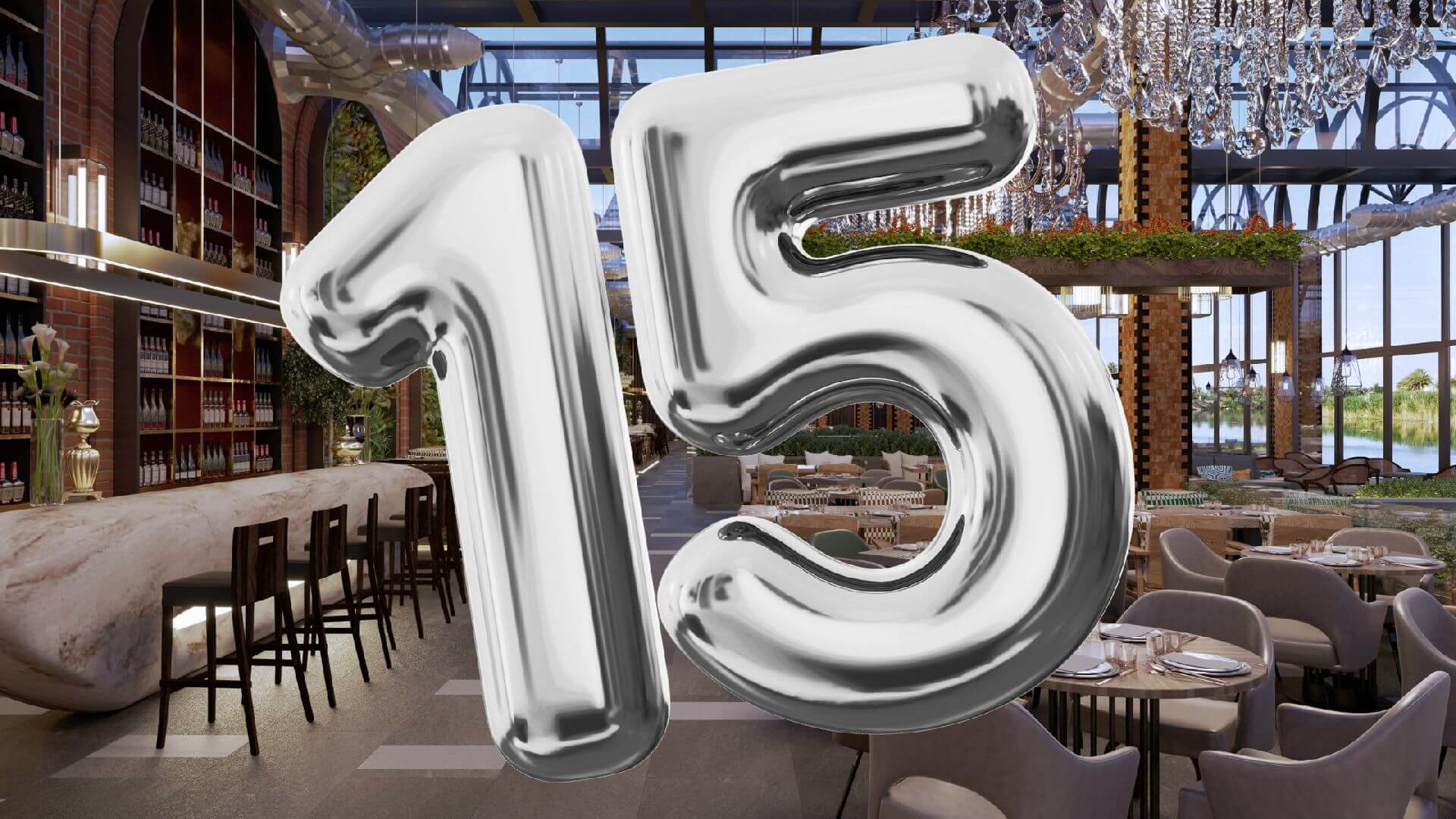The 7 Principles of Hospitality
by Doug Radkey

Let’s start with a simple but important question: When you hear the term “hospitality industry,” what first comes to mind?
For many, the first thing that comes to mind is….hotels. And while hotels are a significant part of hospitality, they’re definitely not the complete picture. In fact, the true essence of hospitality often transcends what we experience in a standard hotel environment.
Bars, restaurants, resorts, and entertainment venues are all spaces where the principles of hospitality should be experienced equally. Hospitality is about how we treat people—our guests, visitors, our vendors, and even our team members—with generosity, warmth, and genuine care.
Yet, in recent years, a shift has occurred. Many people I speak with in the industry feel that we’ve lost touch with the foundational principles of hospitality in a variety of settings. Whether it’s the focus on tech integration, rush to hire due to labor shortages, lack of proper onboarding and training, or clarity in what we do —and why we do it—something has gotten lost along the way.
As we move forward, it’s time for the industry to refocus on what hospitality truly means, and realign with the core principles that make this industry remarkable.
No matter the style of concept you operate or plan to operate, the seven principles of hospitality are the foundation of exceptional service and memorable experiences. These principles aren’t just for fine dining or five-star resorts, and they aren’t just fancy buzzwords. They’re actionable insights that can elevate any hospitality business.
1. Self-Awareness
Hospitality starts with you. The first step to great hospitality is understanding how our own behavior impacts those around us—our guests and our teams.
Practicing self-awareness isn’t always easy, particularly in high-pressure situations. So, ask yourself: How aware are you of the emotions you’re instilling in others during conversations, especially under stress?
Self-awareness is more than a personality trait; it’s a skill that helps create a warm, caring environment for guests. It’s about managing how we come across to others actively, and ensuring our actions align with the culture we want to build in our business.
To create a genuine sense of hospitality, we must start with a clear sense of self.
2. Guest Awareness
Read your guest’s energy, not just their appearance. The ability to read guests and anticipate their needs is crucial, but it goes beyond surface-level assumptions.
Hospitality isn’t about stereotyping based on appearance, accents, or perceived financial status. Instead, it’s about sensing the energy and mood they bring into your space.
When we understand the energy guests bring, we can adapt our approach, tailor our communication, and build genuine connections. This is hospitality in its most fundamental form: creating a personalized experience by being attentive and observant.
3. Connection
Hospitality is about meaningful connections. When you’re both self-aware and guest-aware, you can begin to tailor your interactions to each specific guest (and your staff, too).
Authentic, unique, and genuine hospitality is what leaves a lasting impression. Building a connection with guests isn’t just about providing a service. The key is to cultivate an experience that feels personal.
In his work, author Daniel Pink talks about intrinsic and extrinsic motivation, noting that connection is one of our core intrinsic motivators. We’re drawn to hospitality because of our natural desire to connect with others. It’s this connection that creates the most memorable guest experiences and fosters loyalty.
A business grounded in genuine connections will always stand out.
4. Authenticity
Be yourself. Guests can tell when you’re not—so stop the act.
Authenticity is essential in hospitality. Yet, so many teams I work with feel they need to become someone else on the floor, changing their voice or putting on a façade. Often, this stems from misguided career advice imparted early on that tells us we aren’t interesting enough as we are.
But here’s the truth: The most engaging and captivating version of yourself is the real one.
People connect with genuine personalities, not manufactured ones. Drop the façade, and bring your authentic self to every interaction. Guests sense authenticity, and it’s what will draw them back again and again.
So, next time you interact with a guest, do a reel for social media, or interview a potential team member, bring your authentic self. That’s the version of you with which people connect.
5. Anticipation & Attention to Detail
Tell guests what you’re going to do, do it, then tell them you’ve done it.
One of the secrets to providing an excellent guest experience is being prompt, responsive, and thorough in communication. A big part of managing guest expectations is being clear about what to expect. Tell guests what you’re going to do, keep them informed while you’re doing it, and follow up afterward.
Increasingly, guests want their visits to feel personalized. Whether you add small, thoughtful touches to a meal, or offering a personalized greeting in a hotel, attention to detail shows guests that they’re valued.
Anticipation of guest needs is what sets hospitality apart from other service-based industries.
6. Alignment
Help your team see how their role fits into the bigger picture. Alignment means connecting each team member’s work with their broader life goals and values. Many people in our industry might not see hospitality as their forever career, but that doesn’t mean their time with us can’t be meaningful.
Find out what matters to each team member, whether it’s professional growth, financial stability, or simply enjoying their work. Then, align their role with these values.
A team that feels connected to their work is more motivated, more focused, and more likely to deliver a higher level of service.
Alignment isn’t just about job roles, it’s about helping people find purpose and satisfaction in what they do. It’s crucial that we build team experiences just like we create guest experiences.
7. Presence
Be engaged in the moment fully with your guests. Presence means engaging completely with what you’re doing.
When you’re talking to a guest, be invested in that moment completely. Avoid distractions, scripted conversations, or rehearsed interactions. Genuine presence is about being open, honest, and interested in their experience.
For leaders, fostering a culture of presence is crucial. Every interaction you have with your team either reinforces or diminishes this value. Be mindful of how your behavior impacts others, and encourage your team to approach each guest with this mindset.
Celebrate moments of genuine connection, and provide feedback when things don’t go as planned. Presence isn’t just a skill; presence is a cultural value that transforms service.
Real-Life Example: The Solmar Resort
To illustrate these principles, I’d like to share a personal experience from the Solmar Resort in Cabo San Lucas, Mexico.
After a hurricane passed near the Baja Peninsula, David and I arrived for a business retreat, only to find the resort quieter than usual. Despite the calm, the staff maintained a vibrant and uplifting culture. They were fully engaged—no one was on their phones, no one was leaning or looking board, no one was gossiping, and the team members greeted each other with genuine joy and fist pumps.
Even with more staff than guests on the property, their sense of purpose and commitment to hospitality was evident. From dancing and singing while performing side duties, to the warm, friendly interactions with us as guests, the experience was unforgettable. The Solmar team embodied the “one-house” approach: everyone worked together seamlessly to deliver an exceptional experience.
During our visit, we experienced true hospitality in action, where every interaction was meaningful an, most importantly, intentional.
Reclaiming the Foundation of Hospitality
The seven principles of hospitality—self-awareness, guest awareness, connection, authenticity, anticipation, alignment, and presence—are not just theoretical ideas. These are actionable values that can transform guest experiences, and set your brand apart in a crowded market.
At its heart, hospitality is about people. It’s about creating an environment where our team and our guests feel welcomed, seen, and valued. If we want to elevate our industry, we need to return to these foundational principles, and train our teams to embody them in every interaction.
So, let’s commit to reclaiming the true essence of hospitality. Whether you’re running a bar, restaurant, or hotel, these principles provide a roadmap to building a culture of excellence that guests won’t soon forget. By focusing on experience and connection, we can redefine hospitality for a modern audience, and make it as impactful as it’s ever been.
Remember, hospitality isn’t just about serving food and beverage, or providing a bed. Hospitality is about creating memories that guests carry with them long after they’ve experienced your brand.
Image:

Looking to Start, Stabilize, or Scale? Book Below to Setup a 60-Minute Result-Driven Impact Session.










